by Darpan Sachdeva
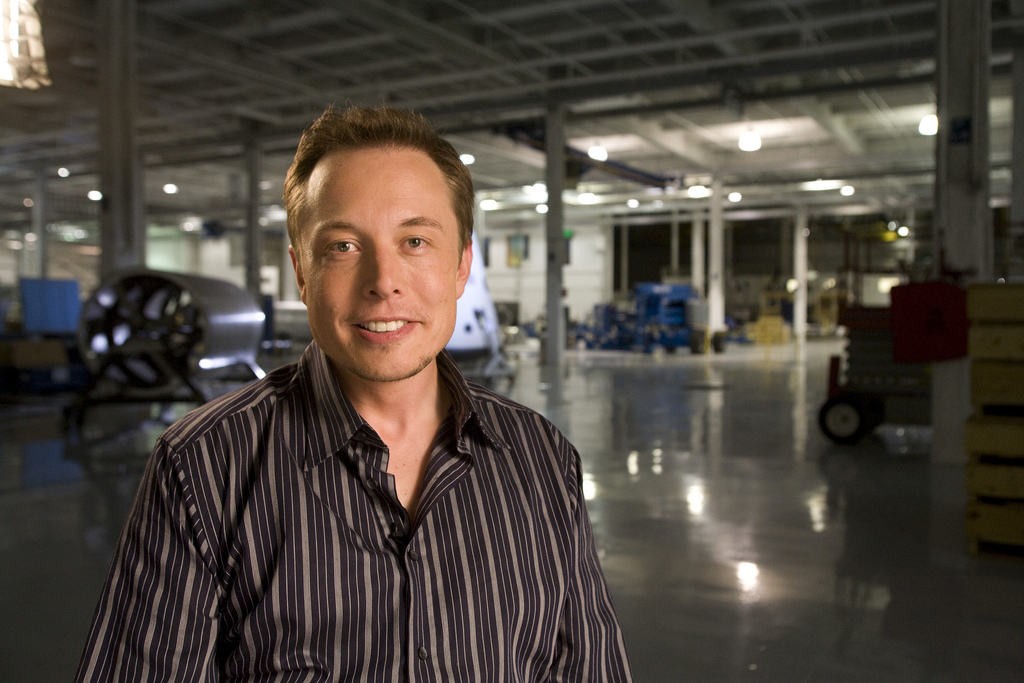
“Success is not final, failure is not fatal: it is the courage to continue that counts.” – Winston Churchill
Throughout my entrepreneurial journey, I’ve had the privilege of studying and interviewing numerous successful entrepreneurs from around the globe. What I’ve discovered is a common thread of qualities that bind these exceptional individuals together, regardless of their geographical location or industry.
In this post, I’ll break down the 12 essential qualities that separate successful entrepreneurs from the rest, backed by real-world examples and insights from some of the world’s most prominent business leaders.
1.Self-Confidence: The Foundation of Entrepreneurial Success

Jeff Bezos once said, “I knew that if I failed, I wouldn’t regret that, but I knew the one thing I might regret is not trying.” This perfectly encapsulates the self-confidence required to be a successful entrepreneur.
Jack Ma, the founder of Alibaba. Despite failing his university entrance exam twice and being rejected from Harvard ten times, his unwavering self-confidence led him to build one of the world’s largest e-commerce companies. Ma didn’t let his initial failures define him; instead, he used them as steppingstones to success.
Another striking example is Kiran Mazumdar-Shaw, founder of Biocon in India. As a young woman in the male-dominated biotechnology industry, she faced numerous challenges. However, her self-confidence and belief in her abilities helped her build India’s largest biopharmaceutical company.
2.Creativity and Innovation: The Entrepreneurial Spark

“Innovation distinguishes between a leader and a follower.” – Steve Jobs
Creativity and innovation are the lifeblood of entrepreneurship. Look at Patrick Grove, the Australian Asian entrepreneur who revolutionized the digital landscape in Southeast Asia through his company Catcha Group. His creative approach to digital media and e-commerce has resulted in five successful IPOs.
In Africa, Strive Masiyiwa‘s creative solution to Zimbabwe’s telecommunications challenges led to the founding of Econet Wireless. His innovative approach to bringing mobile connectivity to rural areas has transformed communications across the continent.
3.Determination: The Unwavering Spirit
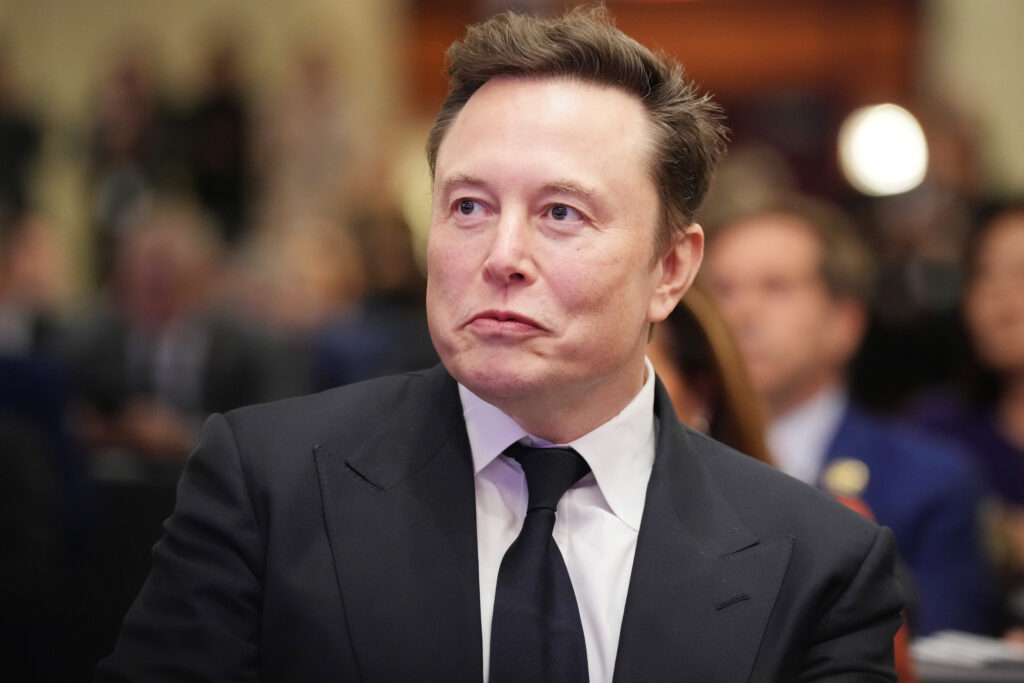
“I have not failed. I’ve just found 10,000 ways that won’t work.” – Thomas Edison
Determination is perhaps best exemplified by Elon Musk‘s journey. When both SpaceX and Tesla were on the brink of bankruptcy in 2008, Musk’s determination kept both companies alive. Today, they’re revolutionizing space travel and sustainable transportation respectively.
In China, Lei Jun, the founder of Xiaomi, demonstrated remarkable determination when he transformed his company from a software firm to one of the world’s largest smartphone manufacturers. Despite fierce competition from established players, his determination to provide high-quality technology at accessible prices has made Xiaomi a global success story.
4.Risk-Taking: Calculated Leaps of Faith
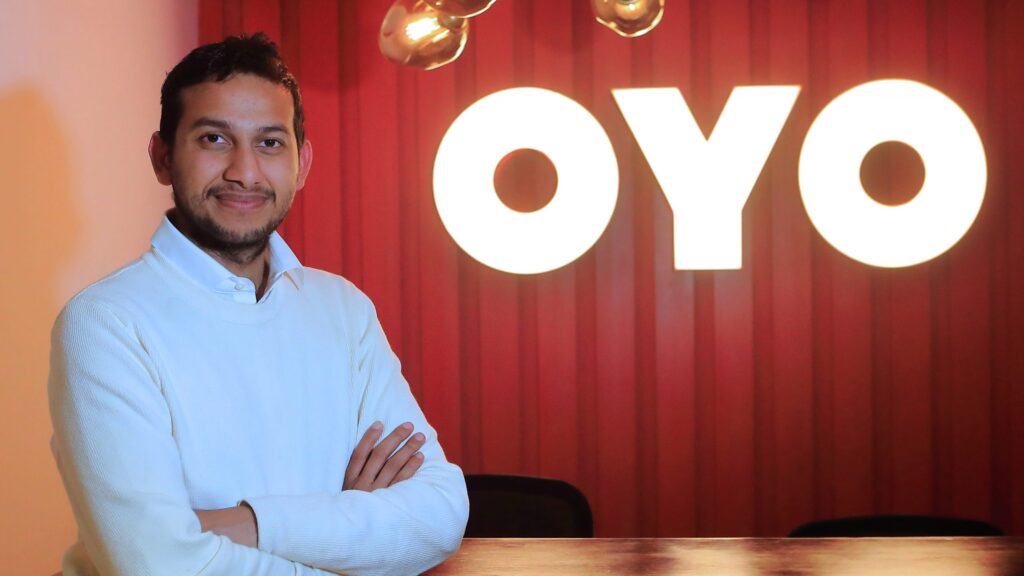
“The biggest risk is not taking any risk.” – Mark Zuckerberg
Richard Branson’s Virgin Group empire was built on calculated risk-taking. From starting a record store to launching a commercial space travel company, Branson has consistently taken bold risks that others wouldn’t dare.
In India, Ritesh Agarwal started OYO Rooms at age 19, taking the massive risk of dropping out of college to revolutionize the budget hospitality sector. His risk paid off, making OYO one of India’s most valuable startups.
5.Vision: Seeing Beyond the Horizon

“Vision is the art of seeing what is invisible to others.” – Jonathan Swift
No discussion about visionary entrepreneurs would be complete without mentioning Elon Musk. His vision extends beyond immediate profit margins to transforming humanity into a multi-planetary species through SpaceX and accelerating sustainable transport through Tesla.
In Africa, Mo Ibrahim demonstrated remarkable vision when he founded Celtel (now part of Bharti Airtel). He saw the potential of mobile communications in Africa when others saw only challenges. His vision of connecting the continent has transformed millions of lives.
European entrepreneur Daniel Ek envisioned a world where music would be legally streamed rather than downloaded illegally. His vision led to the creation of Spotify, revolutionizing how we consume music globally.
6.Persistence: The Art of Never Giving Up
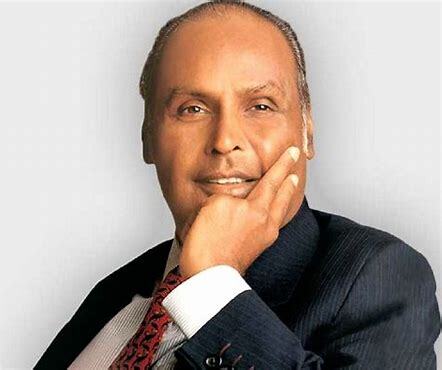
“It’s hard to beat a person who never gives up.” – Babe Ruth
Walt Disney, who was fired from a newspaper for “lacking imagination.” He went on to build one of the world’s largest entertainment empires through sheer persistence.
In China, Jack Ma’s persistence story is legendary. After being rejected from KFC and countless other jobs, he persisted in his vision of bringing e-commerce to China. Alibaba’s success is a testament to his never-say-die attitude.
Indian entrepreneur Dhirubhai Ambani started with just ₹500 and built Reliance Industries through persistent effort. Today, the company is one of India’s largest conglomerates, proving that persistence can overcome any obstacle.
7.Networking and Communication: Building Meaningful Connections
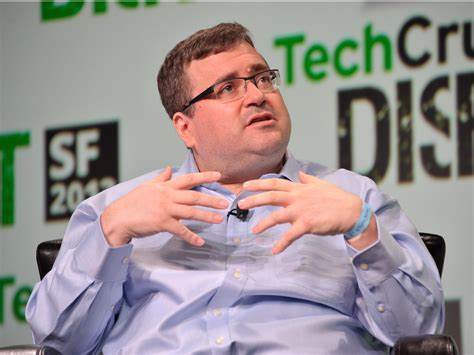
“Your network is your net worth.” – Porter Gale
Reid Hoffman, co-founder of LinkedIn, built his career on the power of networking. He understood that professional connections would be the currency of the future workplace, leading him to create the world’s largest professional networking platform.
African entrepreneur Strive Masiyiwa’s success with Econet Wireless came largely from his ability to build relationships across continents. His networking skills helped him navigate complex regulatory environments and establish partnerships crucial for his company’s growth.
8.Integrity: The Foundation of Trust
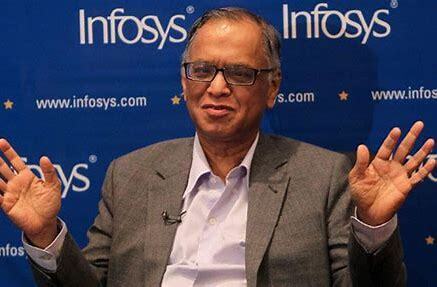
“Integrity is the essence of everything successful.” – R. Buckminster Fuller
Warren Buffett’s reputation for integrity has been as valuable as his investment acumen. His annual letters to shareholders are known for their honesty and transparency, even when discussing mistakes.
N.R. Narayana Murthy, co-founder of Infosys, built his company on the foundation of integrity. His famous quote, “The softest pillow is a clear conscience,” has guided Infosys’s ethical business practices.
Chinese entrepreneur Zhang Xin, co-founder of SOHO China, has maintained high standards of integrity in an industry often challenged by ethical concerns. Her commitment to transparency has earned her international respect.
9.Resourcefulness: Making the Most of What You Have

“Necessity is the mother of invention.” – Plato
James Dyson went through 5,126 failed prototypes before succeeding with his bagless vacuum cleaner. His resourcefulness in using each failure to improve his design exemplifies entrepreneurial ingenuity.
Nigerian entrepreneur Aliko Dangote started by selling commodities and reinvesting his profits wisely. Through resourceful business decisions, he built the Dangote Group, Africa’s largest industrial conglomerate.
10.Dealing with Failure: Converting Setbacks into Comebacks

“Success consists of going from failure to failure without loss of enthusiasm” – Winston Churchill
Sir James Dyson’s journey of 5,126 failed prototypes before success is a masterclass in handling failure. Each failure was a steppingstone to eventual success.
Indian entrepreneur Sunil Mittal faced initial failures in his bicycle parts business but pivoted successfully to telecommunications. Today, Bharti Airtel is one of India’s largest telecom companies.
11.Adaptability and Flexibility: Dancing with Change

“It is not the strongest of the species that survives, nor the most intelligent. It is the one most adaptable to change.” – Charles Darwin
Reed Hastings of Netflix demonstrated remarkable adaptability when he transformed Netflix from a DVD-by-mail service to a streaming giant and then to a content creation powerhouse. This flexibility has kept Netflix at the forefront of entertainment evolution.
In China, Zhang Yiming showed exceptional adaptability when he pivoted ByteDance from a news aggregation app to creating TikTok, which became a global social media phenomenon. His ability to read changing market dynamics and adapt accordingly created one of the world’s most valuable private companies.
European entrepreneur Sebastian Siemiatkowski of Klarna demonstrated flexibility by evolving his company from a simple payment solution to a comprehensive banking alternative, adapting to changing consumer needs and financial technologies.
12.Money Management: The Art of Financial Stewardship
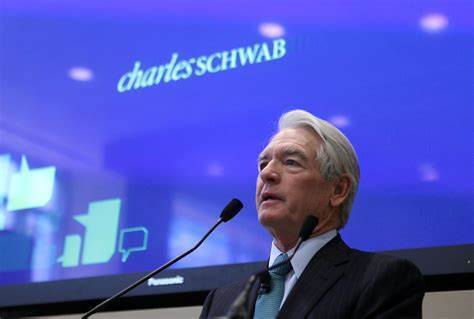
“Rule No. 1: Never lose money. Rule No. 2: Never forget rule No. 1.” – Warren Buffett
Charles Schwab’s approach to money management both personally and professionally has been exemplary. Starting with a small newsletter company, his careful financial stewardship built one of the largest financial services companies in the world.
In India, Azim Premji’s prudent financial management transformed Wipro from a vegetable oil company into a global IT powerhouse. His careful allocation of resources and strategic investments have created lasting value.
African entrepreneur Patrice Motsepe built African Rainbow Minerals through careful financial planning and strategic resource allocation, becoming one of Africa’s most successful mining entrepreneurs.
Implementing These Qualities
While these twelve qualities might seem overwhelming, remember that they’re not innate traits but skills that can be developed over time. As Reid Hoffman aptly puts it, “Entrepreneurship is jumping off a cliff and assembling an airplane on the way down.”
The key is to start with self-awareness, identifying which qualities you need to strengthen. Then, create a deliberate practice routine to develop these attributes. Here’s what I recommend:
Start by assessing your current strengths and weaknesses against these twelve qualities. Choose one quality to focus on each month. Find mentors who exemplify the qualities you want to develop. Study the biographies and case studies of successful entrepreneurs who demonstrate these traits. Practice these qualities in low-stakes situations before applying them to crucial business decisions.
Remember, entrepreneurship is not about being perfect in all these areas from day one. It’s about continuous improvement and growth.
As Jeff Bezos says,
“What we need to do is always lean into the future; when the world changes around you and when it changes against you – what used to be a tail wind is now a head wind – you have to lean into that and figure out what to do because complaining isn’t a strategy.”
The journey of entrepreneurship is not for the faint of heart. It requires a unique combination of qualities, each of which can be developed and honed over time. The entrepreneurs mentioned in this post didn’t start with all these qualities perfectly formed – they developed them through experience, failure, and persistent effort.
As you embark on or continue your entrepreneurial journey, remember that these qualities are your north star, guiding you toward success. They are not a checklist to be completed but rather a framework for continuous growth and development.
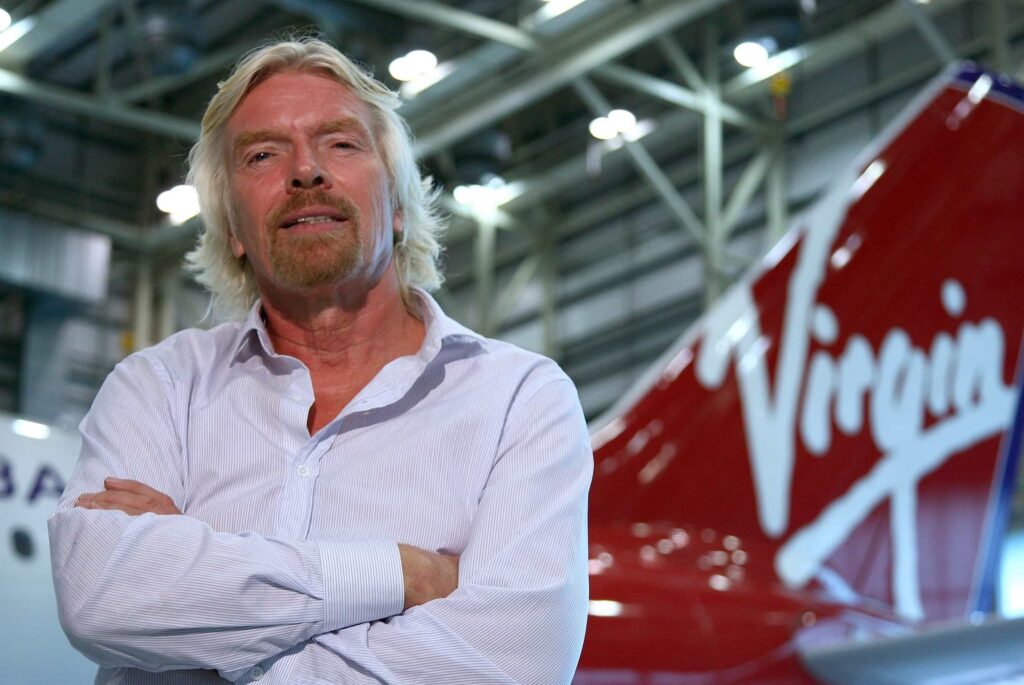
In the words of Richard Branson, “Business opportunities are like buses, there’s always another one coming.” Your job is to be ready when that opportunity arrives, equipped with these essential qualities that will help you turn that opportunity into success.
What’s your next step in developing these entrepreneurial qualities?
The journey of a thousand miles begins with a single step. Take that step today.
 Darpan Sachdeva is the CEO and Founder of Nobelthoughts.com. Driven by a profound dedication to Entrepreneurship, Self-development, and Success over an extended period, Darpan initiated his website with the aim of enlightening and motivating individuals globally who share similar aspirations. His mission is to encourage like-minded individuals to consistently pursue success, irrespective of their circumstances, perpetually moving forward, maintaining resilience, and extracting valuable lessons from every challenge.
Darpan Sachdeva is the CEO and Founder of Nobelthoughts.com. Driven by a profound dedication to Entrepreneurship, Self-development, and Success over an extended period, Darpan initiated his website with the aim of enlightening and motivating individuals globally who share similar aspirations. His mission is to encourage like-minded individuals to consistently pursue success, irrespective of their circumstances, perpetually moving forward, maintaining resilience, and extracting valuable lessons from every challenge.



Quality posts will be the important to be described as a focus
for the users to visit the website, that’s what
this website is providing.